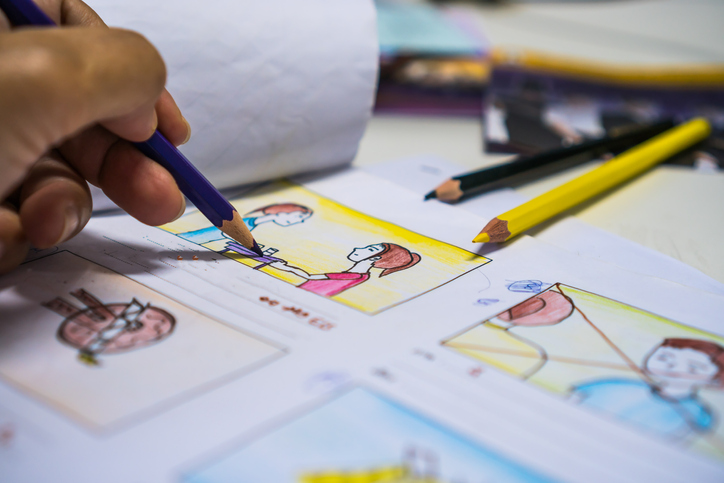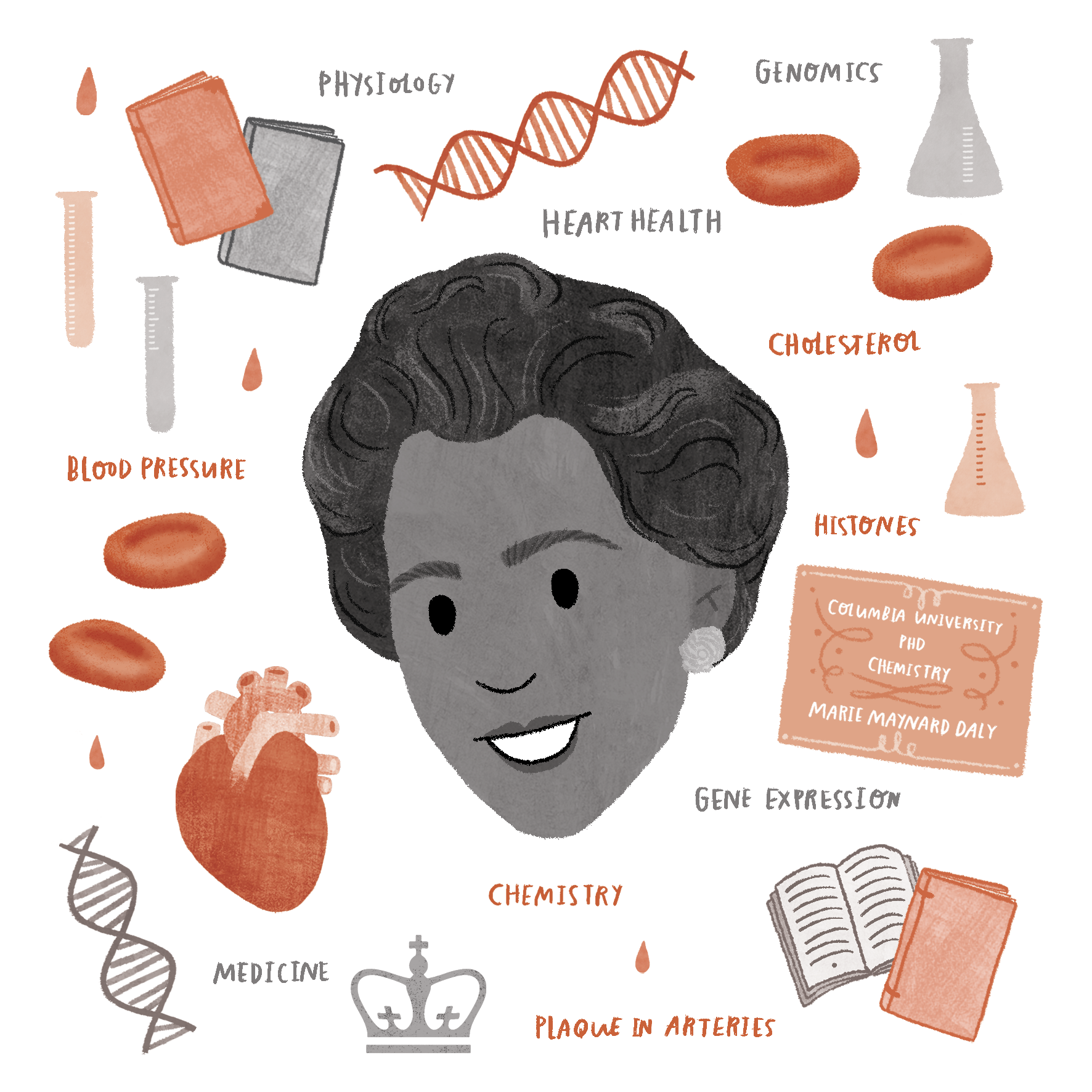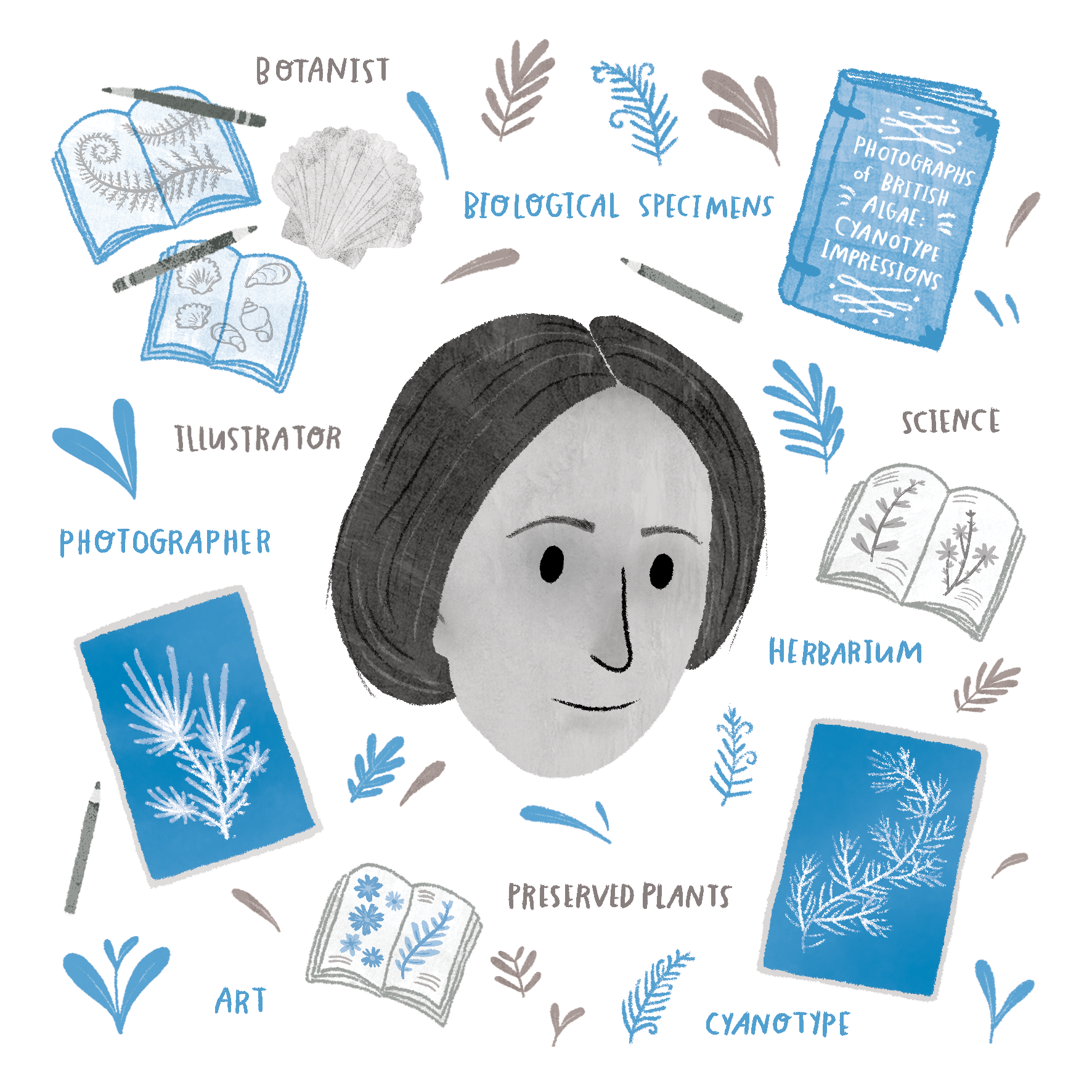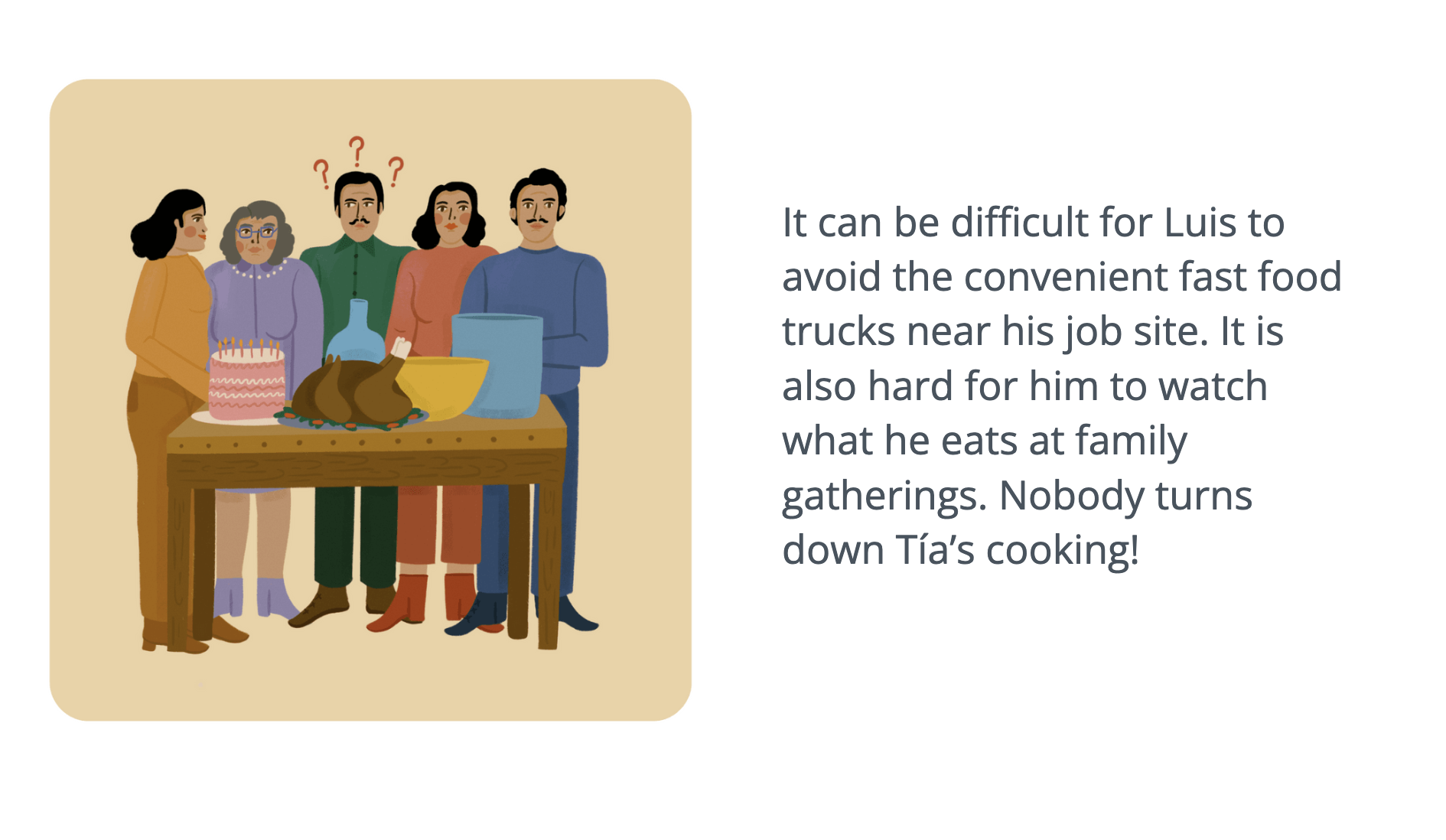COVID-19 has taken the world by storm, or “cytokine storm” in science-speak. It has demanded global upheaval socially, economically and most importantly in the healthcare sector to even begin to curb the disease.
But, despite the hardships of lockdown – which are not to be undermined – there have been some valuable lessons. We can only take these lessons with us as we step into the future. In the words of Professor Brian Cox, “science is teaching us to embrace doubt and uncertainty…we are facing the unknown… understanding that we don’t have the answers yet.”
There is, in this unprecedented period, an opportunity to reflect. To gain perspective. Gratitude. Resilience. As the acclaimed author and historian Yuval Noah Harari said, “nothing should be taken for granted, even if everyone believes it.” Health is a prime example.
As I write this at my desk at home, out of office, I realize that resilience is not something we are taught in school. It does not have a concrete syllabus. Yet in testing times humans can unite and effect positive change. This blog post is an homage to the perseverance that we have demonstrated as a worldwide population in recent months. Take three, and… action!
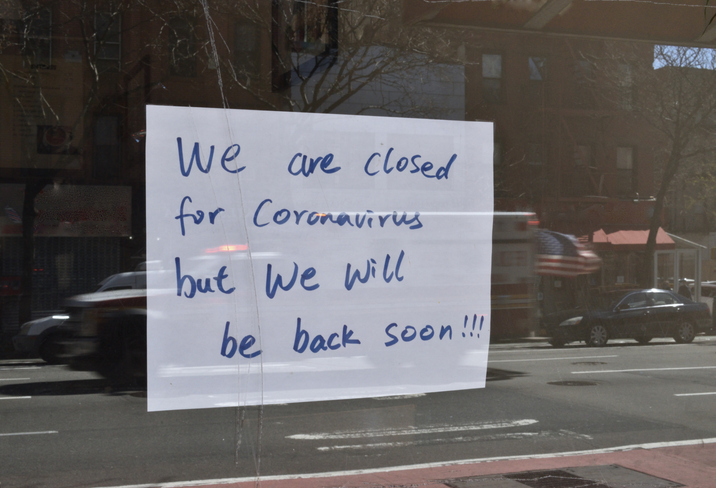
Help local communities
Eight o’clock chimes on a Thursday night and I stand on my doorstep greeted by a chorus of clapping. The sound of joy and pride in our incredible NHS, to which we are indebted. It is the beating heart of the nation. There is a refreshing sense of community curated atop clanging pans and clapping hands. A moment to pause and reflect in a world that is always in a hurry. A musical thanks.
Gratitude trumps fear. I am continuously inspired and humbled by the mutual aid groups across the UK, helping run errands for elderly and vulnerable people who are self-isolating. From fetching groceries to making phone calls and providing reassurance in a time of uncertainty, volunteers and charities are the glue that holds us all together. The Covid-19 Mutual Aid website is continually adding new groups, so you can join anytime and help out as much or as little as you feel able to. And if there is not a group in your local area, you can make one quickly and easily.
I have also been amazed by the adaptability of those in the education sector, transitioning into online teaching since the closure of UK schools on March 13. Excitingly, Sir David Attenborough and Professor Brian Cox to name a couple of famous faces, have begun producing online teaching resources for physics, astronomy and geography to enthuse young minds about science and the natural world. This is something which we are seeing is increasingly important in recent times. BBC Bitesize Daily has made home-schooling simpler and engaging with something for everyone. There is never a bad time to keep learning.
You’d have thought that organizing P.E lessons in lockdown was hard enough, let alone whilst balancing working from home with feeding your kids and making sure the house hasn’t been turned upside down by the end of the day. The 33-year old best-selling British author and fitness coach Joe Wicks has broken a Guinness World Record, amassing over 950,000 live viewers from across the world on his second ‘P.E with Joe’ video on YouTube.
Just as anyone with wi-fi or a red button on their TV can take part in these activities, anyone who’s anyone can help others in their community. From sliding a note under someone’s door to say that you are there for them or phoning a friend to share your love to making your own face masks at home with your sewing machine, like Sophie Passmore in London and others, there are ways that you can help people even if you are self-isolating. In a world where negative news pervades and headlines can be awash with sensationalism and fear-mongering, it’s vital that we consume the good stuff too. On that note, I will wrap up this section with a news outlet that doesn’t ramp up the cortisol, but gives you all the happy endorphins to lift the spirit: ‘The Happy Newspaper’, which you can access online and on Instagram too. There’s always something somewhere to celebrate.
One of the latest heart-warming stories is about the phenomenal Captain Tom Moore, a 100-year old war veteran who walked 100 laps of his garden in Bedfordshire and raised over £31 million for the NHS. His spirit and generosity have instilled a sense of solidarity into an otherwise sundered nation.
Hold your government accountable
The government here in the UK (and elsewhere) was tasked with a mammoth job when the novel Coronavirus hit. How do you ensure that the country has enough money, resources and manpower to combat a virus and prioritize the health of those most vulnerable? It is not an easy feat. But we live in a democracy and with over 26,000 deaths due to the virus as well as a lack of tests being carried out compared to countries like Italy, it is vital that we hold the government accountable. The UK can learn a lot from Jacinda Ardern’s “early, strict and compassionate” response to COVID-19. Lobbying local MPs and ensuring that mass testing and sufficient personal protective equipment (PPE) is distributed is one way to give the government adequate scrutiny.
Unfortunately, a glaring shortcoming of the current government is that Tory austerity has left the NHS ravaged by underfunding and understaffing for the past decade. This, along with no heed to the many warnings that were given to stockpile PPE in advance, has left the NHS at the mercy of the public’s good will. Whilst charitable donations are a testament to our appreciation for the NHS and empathy towards its frontline workers, the NHS is not a charity. The lesson, which we can all hope the government learns from this pandemic, is that the NHS is only as strong as its weakest link and cannot be sustained on donations alone. It requires sufficient funding and preparation to keep its heart beating.
Ultimately, resilience is, as the Japanese proverb ‘Nana korobi ya oki’ states, falling down seven times and standing eight. But that can only happen with a healthy foundation of principles to stand upon; it will take more than empty gestures, it will take pay rises for nurses, learning from countries like New Zealand, and more strategic investment.
The way I see it, resilience is not knowing exactly how to get things right next time. It’s knowing that they can and will go wrong at times, but you can put a plan in place to manage that.
Another way to hold the government accountable is by being news savvy. It’s easy to fall for fake news and click-bait in a world saturated with media. Relying on trustworthy sources like the World Health Organization, Gov.uk and the NHS website will ensure that you are consuming information from official sources, rather than secondary sources that may not give the full or accurate picture. Another point, which I learned from a YouTube-famous science communicator and GP, Dr.Mikhail Varshavski, is not to look at the statistics about COVID-19 cases and deaths every day. Firstly, that isn’t an accurate representation of the overall trend and secondly, that is not conducive of good mental health. This leads onto the next and final topic of today’s post: mental health in a time of COVID-19.
Look after your mental health
The first person that comes to mind when I think about mental health in the age of social media and technology is Matt Haig, a number one best-selling British author and advocate of mental health awareness. In his book Notes on a Nervous Planet, he describes feeling anxious as “a computer with too many windows open”, an apt reference in today’s world.
Life in lockdown forces us to confront our feelings more often, and for those with pre-existing mental health conditions is a stark reminder of the need to take stock of our mental hygiene. Matt Haig, being a writer of both fiction and non-fiction books, is a representative for the collaboration between the arts and social sciences in times of hardship. Through writing, he has helped thousands with their mental illnesses and has inspired others to do the same – something we need more than ever in a time of crisis.
One way to transcend lockdown limits – aside from Zoom calls which are bringing us together for pub quizzes, movie nights and catch-ups on the daily – is to jump on the social media challenge bandwagon. The latest such challenge that has rippled through the nation is the ’2.6 challenge’, that is the name dubbed for Great Britain’s re-creation of the London marathon without the actual marathon. People have invented innovative ideas for activities that can be completed in 26 minutes or repetitions. Anything from a 26-mile relay with family or friends to completing 26 puzzles counts (I feel very seen). This fun alternative to the traditional fundraiser is an example of bouncing back and improvising in the face of change.
Doing 26 sweaty burpees was neither easy nor fun, but in any case I hope that my donation to Mind was well received.
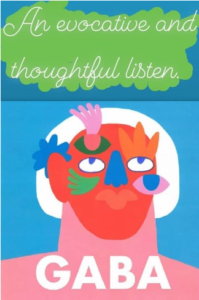 On the theme of taking stock, I am not the first proponent of meditation for mental stillness in a chaotic world. It is a grounding way to tune into your feelings without the urge to immediately respond to them. Some of my favorites of late have been Adam Martin’s GABA podcast, on Spotify and Instagram – “an antidote to the velocity of modern life” as Adam himself neatly articulates it. On a similar strand, Fearne Cotton’s Happy Place podcast and Dr. Robert Puff’s Happiness Podcast have brought some much needed calmness to my otherwise busy mind.
On the theme of taking stock, I am not the first proponent of meditation for mental stillness in a chaotic world. It is a grounding way to tune into your feelings without the urge to immediately respond to them. Some of my favorites of late have been Adam Martin’s GABA podcast, on Spotify and Instagram – “an antidote to the velocity of modern life” as Adam himself neatly articulates it. On a similar strand, Fearne Cotton’s Happy Place podcast and Dr. Robert Puff’s Happiness Podcast have brought some much needed calmness to my otherwise busy mind.
Something that helps in times like these is having a routine of some kind. Whether it be yoga, meditation, both or none of these things, a routine means something to wake up for, something to work for and something to go to bed thinking about. As someone who has lived with anxiety for most of my life, a routine and something to look forward to at the end of it all has benefitted my mental wellbeing enormously.
If you are a music lover, you will be pleased to know that concerts are not just a thing of the non-socially distanced past. Bands like Oh Wonder are doing live concerts and songs on their Instagram. Last week’s Comic Relief Together at Home special saw artists the world over collaborating on songs for the NHS such as their rendition of Times Like These, which has garnered over 4 million views on YouTube. Music can be so therapeutic and healing for your mental health. Even at home, the concerts still go on.
Something that we all champion in the 21st century is productivity. We brandish it as a superpower. If you are not learning three new languages, taking up tai-chi and baking a cake every day, you think that you are just not being productive enough. Rest seems counterproductive, when in reality rest provides rejuvenation and incubation of ideas. With all of the extra spare time, there is more time to rest.
As was observed in the ground-breaking behavioral research study of 18,000 people spanning 135 countries called ‘The Rest Test’, reading and physical activity are two of the most restful hobbies that people can do. The positive correlation between rest and wellbeing seen in this study highlights the importance of taking this time to pause, slow down and rest a little more. But, what does this mean for resilience? Resilience requires recovery. This is biological; rest has ‘homeostatic value’, as Brent Furl from Texas A&M university phrased it. Rest provides the recharge part of resilience so that we are better equipped to face challenges like life in isolation from friends and / or family or worries about our loved ones.
In the words of the Swiss-born British Philosopher and Author, Alain De Botton, “a good half of the art of living is resilience”. When we look back at COVID-19 in the 2050 history textbooks, we will think with hindsight about just how much it taught us.


